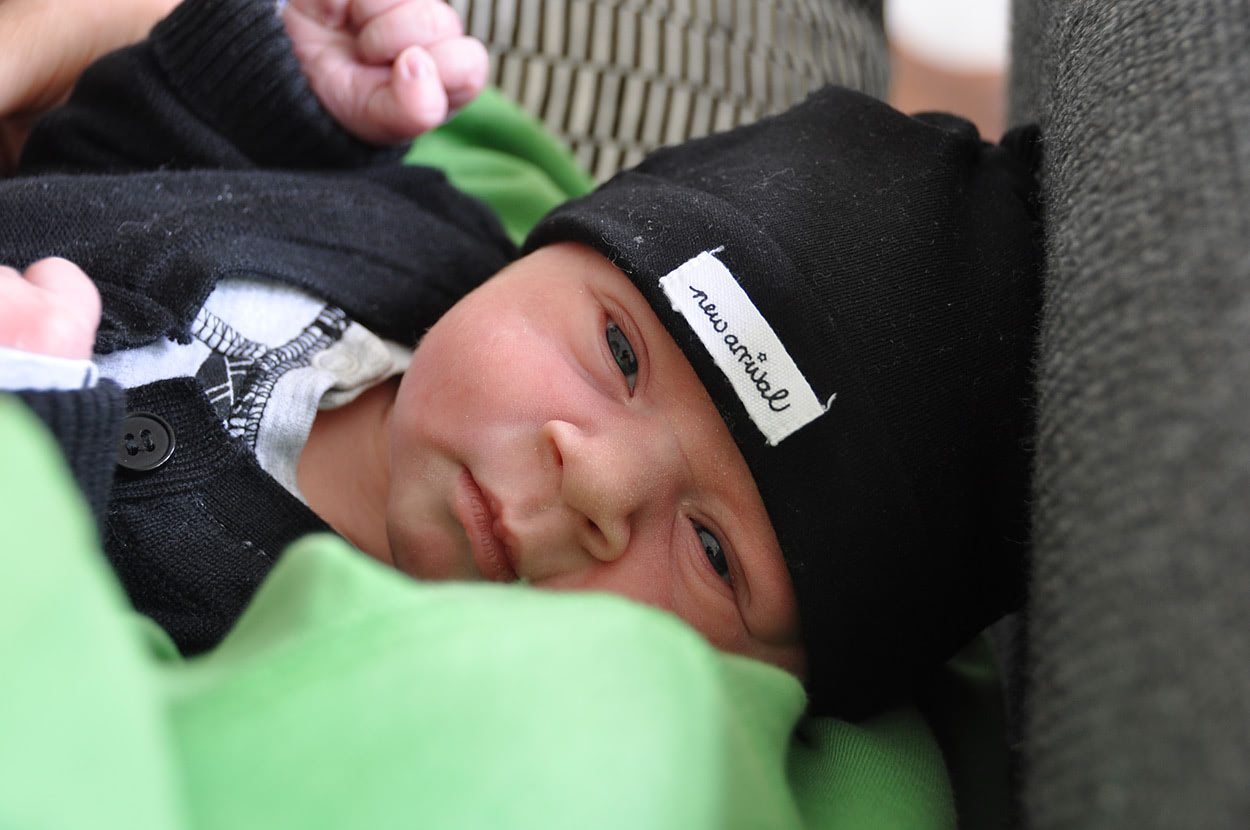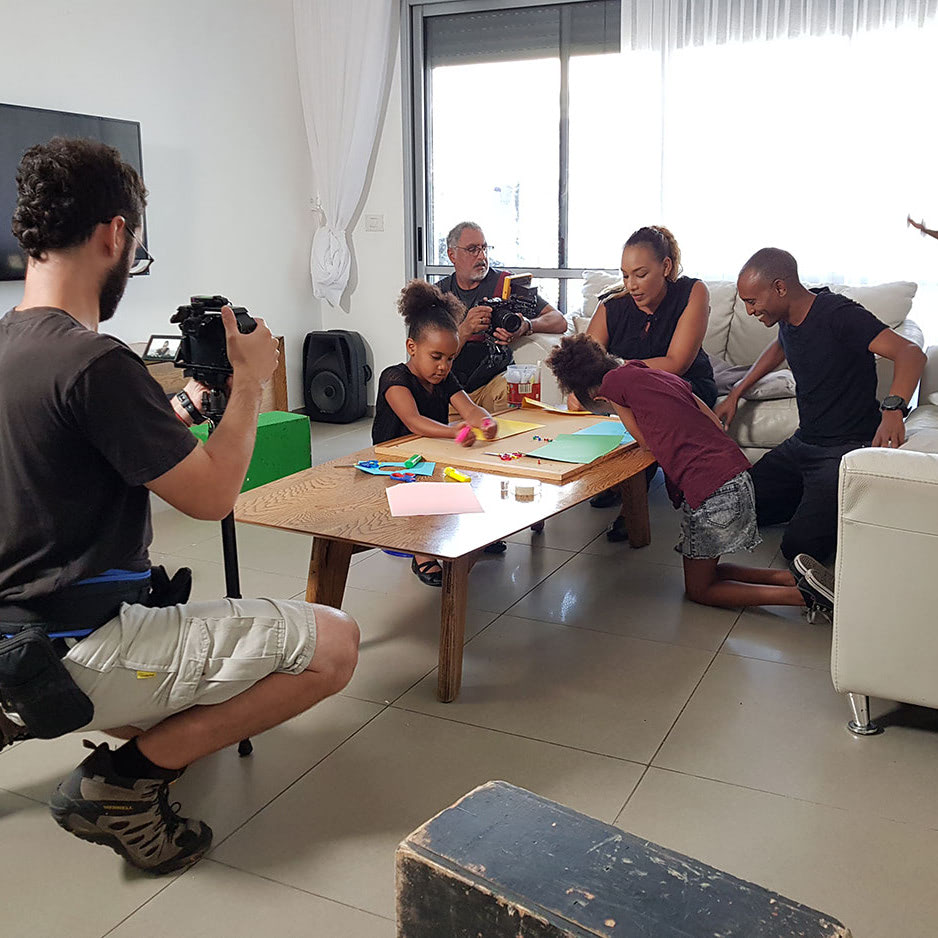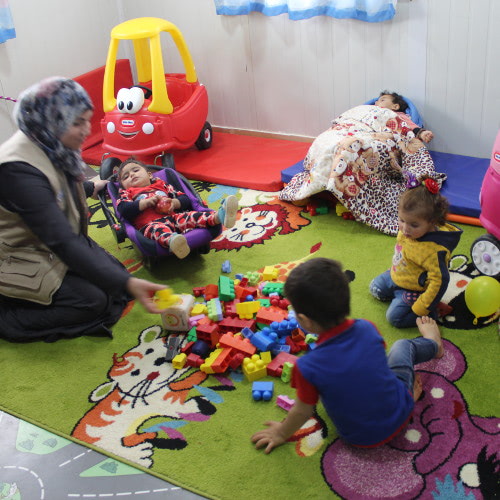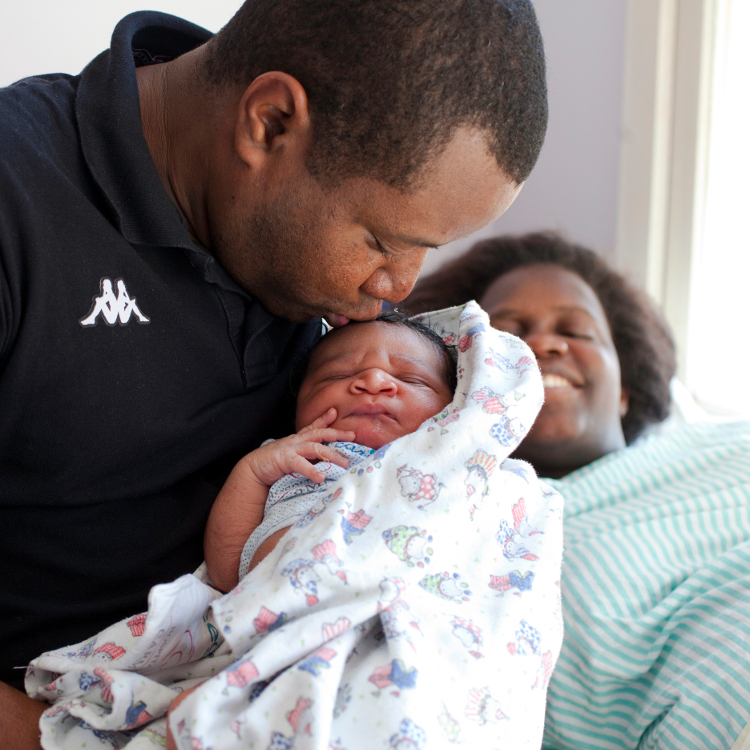The Netherlands has decentralised responsibility for social services from national to municipal governments. The Promising Start Action Programme, part of a broader government effort – called the Programme Social Domain – involves a ‘learning trajectory’ to help municipalities deliver more integrated services to families in their children’s first 1000 days. This trajectory aims to tackle coordination problems among the various services run by different levels of government and different sectors, such as health, public health and social services.

Photo: Courtesy of Anahí Clemens
Disadvantaged children can fall through the cracks
In the Netherlands around 75,000 children aged under 3 are considered to face multiple risks to their development. That equates to around 15% of families in the country. The responsibility for supporting these vulnerable families was decentralised in 2015 from the national government to municipalities. Many are still searching for more effective ways to fulfil their social policy role.
To give one example of a situation where more joined-up services could help to prevent the most disadvantaged children from falling through the cracks, midwives may not identify health risks during pregnancy that are not medical, such as unstable housing conditions. Or, if they do identify the risk and refer it to social services, it may not be followed up.

Photo: Courtesy of Martijn van Well
Rotterdam and Amsterdam lead the way
The learning trajectory is providing coaching and technical support for municipalities to develop, implement and monitor a cross-sector plan on improving outcomes in a child’s first 1000 days, or preventing obesity through early intervention. It is building the business case for investing in early childhood to lower costs in areas such as perinatal mortality and childhood obesity.
The Foundation has been working closely with two municipalities – Rotterdam and Amsterdam – on approaches that show promise for being adapted to other municipalities. A wide variety of other cities have joined the learning trajectory. The plan is to reach all municipalities in the Netherlands within a decade, and in parallel to create an international peer-to-peer city network, as many models could work equally well in other countries.





